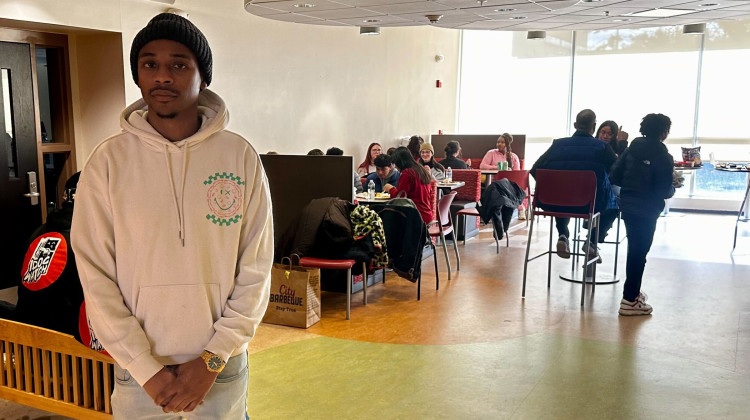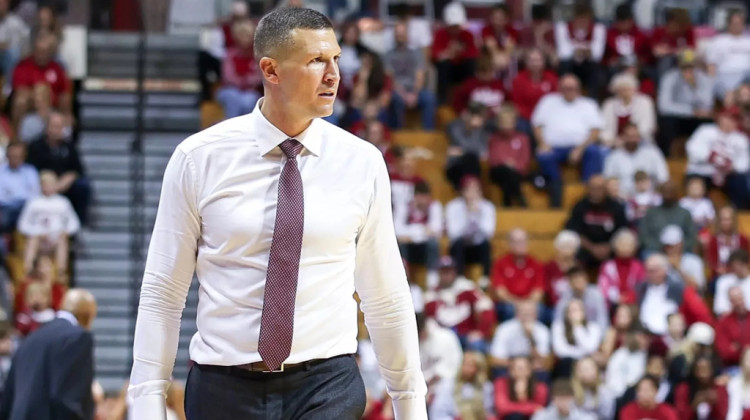
More than 39,000 public school students in the Marion County – or around 25 percent – do not have access to broadband.
PixabayThe city of Indianapolis and philanthropic partners are creating an internet network pilot program to give a small number of K-12 students free broadband access and potentially expand it county-wide for all students.
The $1.7 million pilot program will be based at six Marion County public and charter schools starting in February. A majority of the pilot is financed with $730,000 of the city’s federal CARES Act funding. Indianapolis Mayor Joe Hogsett says too many students in the county do not have adequate broadband for e-learning and other needs, but that could change if the pilot works and can find adequate funding.
“If all goes well, stakeholders will move forward to implement the network countywide which may very well be available as early as 2022,” Hogsett said Tuesday during a virtual press conference.
Internet access remains a top concern for local education and civic leaders since the pandemic caused the closure of school buildings in March and most students chose or were required to use remote learning. More than 39,000 public school students in the county –or around 25 percent – do not have access to broadband, according to a spring survey by the mayor's office.
The Marion County Dedicated Network Pilot will allow for up to 1,500 WiFi hotspots for students who live mostly in a two-mile radius of the participating schools. Multiple students can use the same hotspot that will connect to a private network part of the Citizens Broadband Radio Service, or CBRS. The pilot network will be operated by SBA Communications, Energy Systems Network and Indiana 5G Zone.
Paul Mitchell, CEO of the nonprofit Energy Systems Network, said the pilot will allow time to understand how the network could be scaled countywide for all students.
“The idea is, if it becomes county wide, it would be available everywhere for students no matter where they are,” Mitchell said.
To make that happen, Mitchell estimated “tens of millions of dollars” would be needed to build such a comprehensive network. Ideally, federal funds such as E-rate program that help schools pay for broadband, could be used to cover other related costs and make the service free to families.
It's too soon, Mitchell said, to make any guarantees.
Aleesia Johnson, superintendent of Indianapolis Public Schools, said students will continue to need broadband even when the pandemic ends as they complete homework, apply for college and other needs.
IPS spent more than $12 million this year to provide devices to all students and internet access to those without it.
“It is so critical to find a more sustainable way to support internet access so school districts don’t have to continue to shoulder the gap for our students,” Johnson said.
The schools in the pilot program are Indianapolis Public Schools’ George Washington High School; Lawrence Township Schools’ Harrison Hill Elementary; Perry Township’s Southport and Winchester Village elementary schools; and charter schools Riverside High School and Vision Academy.
The Indianapolis campus of Ivy Tech Community College will also be part of the pilot.
Other funding for the pilot includes $500,000 from The Richard M. Fairbanks Foundation, $330,00 from Lilly Endowment Inc. and $100,000 coming from the Indiana 5G Zone.
Contact WFYI education reporter Eric Weddle at eweddle@wfyi.org or call (317) 614-0470. Follow on Twitter: @ericweddle.
 DONATE
DONATE






 Support WFYI. We can't do it without you.
Support WFYI. We can't do it without you.